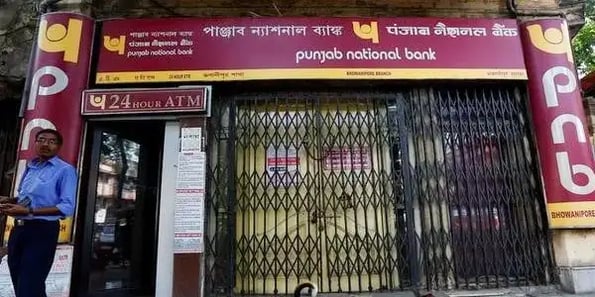Yesterday, one of India’s biggest state-controlled lenders, Punjab National Bank (PNB), announced that it had uncovered $1.77B worth of fraudulent transactions at one of its Mumbai branches.

As Quartz reports, that’s 1/3rd of the bank’s entire market value — and 50x its net profit from last quarter.
How the $%#* is that even possible?
Unfortunately, good ‘ol Punjab has remained relatively mum on what caused this, but the problem has likely been ongoing for 7 years.
The bank only offered that it “detected some fraudulent and unauthorized transactions,” which caused other banks to advance money to customers abroad. Thanks, fellas — that clears it up…
With 1m people entering India’s labor force each month, this fraud could severely impact the flow of small business loans given out by the bank, and some analysts predict it could cause a “ripple effect” on other Indian banks.
India’s got a huuuuge problem with bad loans
A $150B problem, to be exact.
Back in October 2017, India’s government attempted to mitigate this by giving the banking sector $32B in capital. But the move was kinda like putting a Barbie Band-Aid on a stab wound.
“Trying to do things on the cheap was always doomed for failure,” one economist told the NYT. “They have to bite the bullet… and actually fix banks’ governance.”
